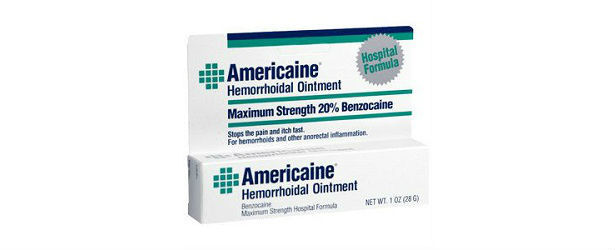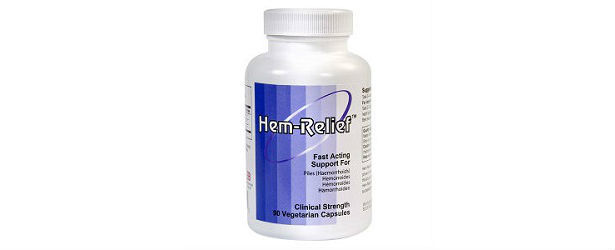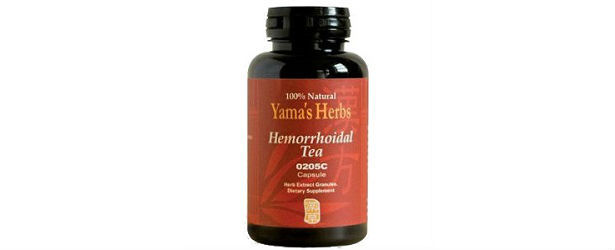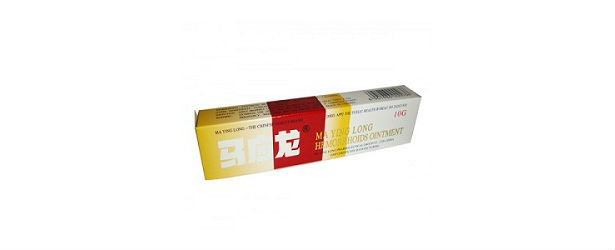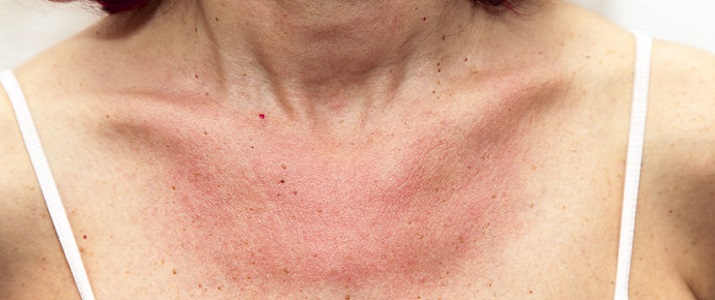
The Causes Of Red Skin
Getting red skin is one of the most frustrating things that can happen to a person, and the appearance of red skin is not as uncommon as one might think. There are times to be concerned about the appearance of red skin, and there are times to be less concerned. The question is knowing when you’ll want to follow up with your physician to get more assistance for the treatment of your ailment.
We’ve prepared a list here as a checklist so that you are sure to address red skin whenever it appears:
- Rosacea is definitely more than simply a red face. With 14 million men and women in the United States affected by it, the problem is growing. Getting the facts is important though, and the first thing to remember is that Rosacea is not something you can catch, but it does run in families. Typically, too, the onset of Rosacea is not until you are in your thirties. But with it comes a deep redness that does not go away with blood vessels and bumps developing on the skin. Although there are no cures for it, there are known triggers including overexposure to the sun, stress, alcohol, eating spicy foods, and cosmetics.
- Skin allergies in the form of hives can cause redness to the face as well. It may be exposure, for example, to a cat that can cause your skin to become red. You may have been sitting on a couch where a cat was sleeping the previous night and break out with hives. Sometimes you will have a reaction without knowing where and why, but there is typically a trigger.
- Eczema also causes red patches to appear on your face, hands, neck, and arms. Often times called dermatitis, eczema is a red itchy patch of skin that forms in a rash. There are many triggers that can cause it including dry skin, hot or cold weather, soaps, clothing; there are many good prescription strength creams for eczema
- Sunburn can also result in red skin when you have been outside either without sunscreen or when you have forgotten to reapply the sunscreen at regular intervals. Another cause for sunburn is not using enough sunscreen or not applying it evenly. Although getting sunburn is a short-term discomfort, it is something that you will want to avoid whenever you possibly can because the long-term effects of sunburn can endanger your life.
- Spider veins may also become prominent with blood vessels becoming increasingly visible with exposure to the sun, especially as you get older. The cause for this is the dilation of the blood vessels.
- New skin products can also have an adverse reaction to your skin. You will typically know right away whether the product is causing you to break out in some way. The recommendation, of course, is to stop using the product immediately with the recommendation of making a list of the products and manufacturers who do not seem to agree with you. Also examine the list of ingredients to see if you can figure out what the trigger may have been.
Whatever is causing the redness to appear, the cause is ideally either guessable if not knowable on some level. And if it is not guessable, then best to consult with your doctor to see what you can determine together. The appearance of anything redness on your body is not something to ignore. It is always best to check to be sure you are not missing something.
TOP 5
SKINCARETreatments |
|||||
| HemClear | Avatrol | Hem-Relief | Venapro | Heel-BHI | |
|---|---|---|---|---|---|
| 1 | 2 | 3 | 4 | 5 | |
| Price (1 bottle) Price (6 bottles)best value |
$49.95 $139.70 |
$45.95 $183.80 |
$39.95 $239.70 |
$39.95 $239.70 |
$42.94 $257.64 |
| Overall Rating | 99.10% | 78.00% | 73.50% | 62% | 61.50% |
| Effectiveness |





|





|





|





|





|
| Speed of Results | Extremely Fast | Fast | Good | Average | Slow |
| Quality of Ingredients | Premium | Good | Good | Average | Average |
| Customer Satisfaction Evaluation | 99.20% | 79% | 75% | 74% | 62% |
| Safety Evaluation | Safe for Use | Safe for Use | Safe for Use | Safe for Use | Safe for Use |
| Customer Service Rating |





|





|





|





|





|
| Reorder Rate | Highest | Good | Average | Good | Average |
| Return Policy | Risk Free | Unused | Risk Free | Unused & Unopened | No |
| Success Rate | 99.40% | 78% | 78.50% | 74.20% | 60% |

 Subscribe Now
Subscribe Now




